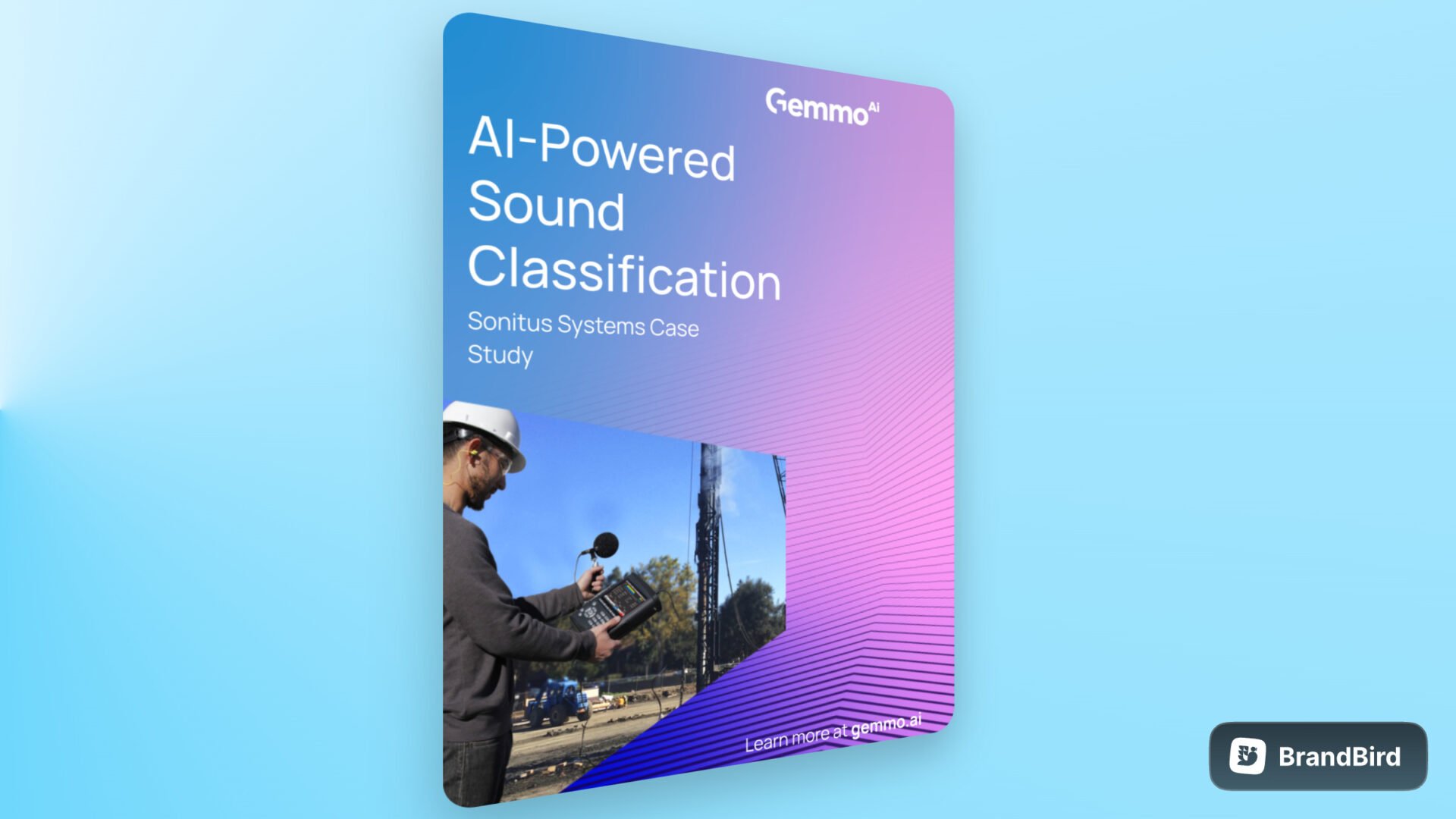AI in Esports
Electronic sports, otherwise known as Esports, is a form of competition using video games. It has been around for over a decade, pre-dating the application of artificial intelligence into sports. But given the advancemen...

Electronic sports, otherwise known as Esports, is a form of competition using video games. It has been around for over a decade, pre-dating the application of artificial intelligence into sports. But given the advancement of AI, this article will highlight the use cases into the world of esports.
Difference Between Esports & Video Games
The difference between esports and video games is simply that esports is a type of competition using video games. Esports usually takes the form of an online multiplayer game, wherein competitions are held between professional individuals or teams. Despite the long history of organised competitions in video game culture, these were largely amateur till late 2000s.
It’s the participation of professional gamers and spectators in events through live streaming that put esports on the map. And by the 2010s, esports had become a significant factor considered in the video game industry, with game developers actively designing, optimising, and sourcing funding for tournaments and other events.
AI Use in Esports
The use of AI in esports covers a wide array of applications. Most notably, however AI is successfully applied in tournament predictions, improvement of fan engagement, and the prevention of cheating. In this article, we’ll delve into these three case uses to explore the benefits of using AI in Esports.
Tournament Predictions
In any sport, the ability to analyse performance and use that insight to predict outcome is desirable. Gambling is challenging in almost every sport. Esports are different in that everything about them is digital. These digital landscapes generate a huge amount of data, in a way no other sport can. This gives AI a huge advantage for analysis and prediction.
Esports provide a variety of data sets: player performance, region-specific data, tournament statistics, team ranking, sponsorship preferences, and gaming statistics to name but a few. AI and data science can work together to derive high-quality insights from these data sets. These insights can give people better betting odds.
The impact of this technology is so staggering that Esports Technologies, a well-known Esports company filed a patent application concerning betting. They created an AI-powered “Real-Time Odds Modelling & Simulation System”.
Fan Engagement
Fan Engagement is what drives revenue in any sport. This is much the same in the world of esports. Esports depend on fan engagement and patronage. AI helps by optimising the entire chain of reaction, from garnering new fans, improving the experience of existing fans, and giving invaluable insights about the fans to esports organisers and professionals.
AI can help Esports organisers by analysing the data relating to fan subscriptions, engagement, and preferences. The data can be used to customise advertising and general marketing strategies to reach more relevant audiences. As for engagement, the introduction of conversational AI bots help consumers find games that suit their styles.
Moreover, using the data from existing fans, AI can create predictive models to customise existing games based on user preferences. On top of that, living machine learning models will learn to predict what an individual is likely to purchase.
Cheating Prevention
There’s no other concern more prevalent and universal in sport as cheating. This concern applies to Esports too. The occurrence of cheating in esports can easily affect the trust of consumers, giving the sport a negative reputation. Game developers consider this problem as early as the inception stage of any game.
Game developers have addressed this issue by creating anti-cheat software within their games. However, the efficiency of these anti-cheating softwares varies. Players and fans noticed that some games lack effective anti-cheat modules. Furthermore, malicious players can find tools on the Internet to outsmart these anti-cheat modules.
AI-powered tools can monitor player behaviour and identify suspicious patterns. The use of ML can improve the detection of suspicious behaviour, and developers can create solutions much earlier to lessen the negative impact on both the game and the players.
Last Thoughts
AI in esports exemplifies the breadth of AI’s influence. The use cases of AI in esports we have outlined are just the current applications. Considering that esports are so young in comparison to traditional sports, we predict big changes in years to come. As such, stay apprised. No doubt as esports continues to grow and AI continues to evolve, the relationship between the two will grow further too.
Work with Sparkd today for your AI needs.
Check out our other articles:
- Current State of Sports Analysis
- New AI-powered tool will bring GAA games’ video analysis to a whole new level
- Sports Analytics: What is It & How is It Helpful?
Author: Michelle Diaz
Check out our other resources:



